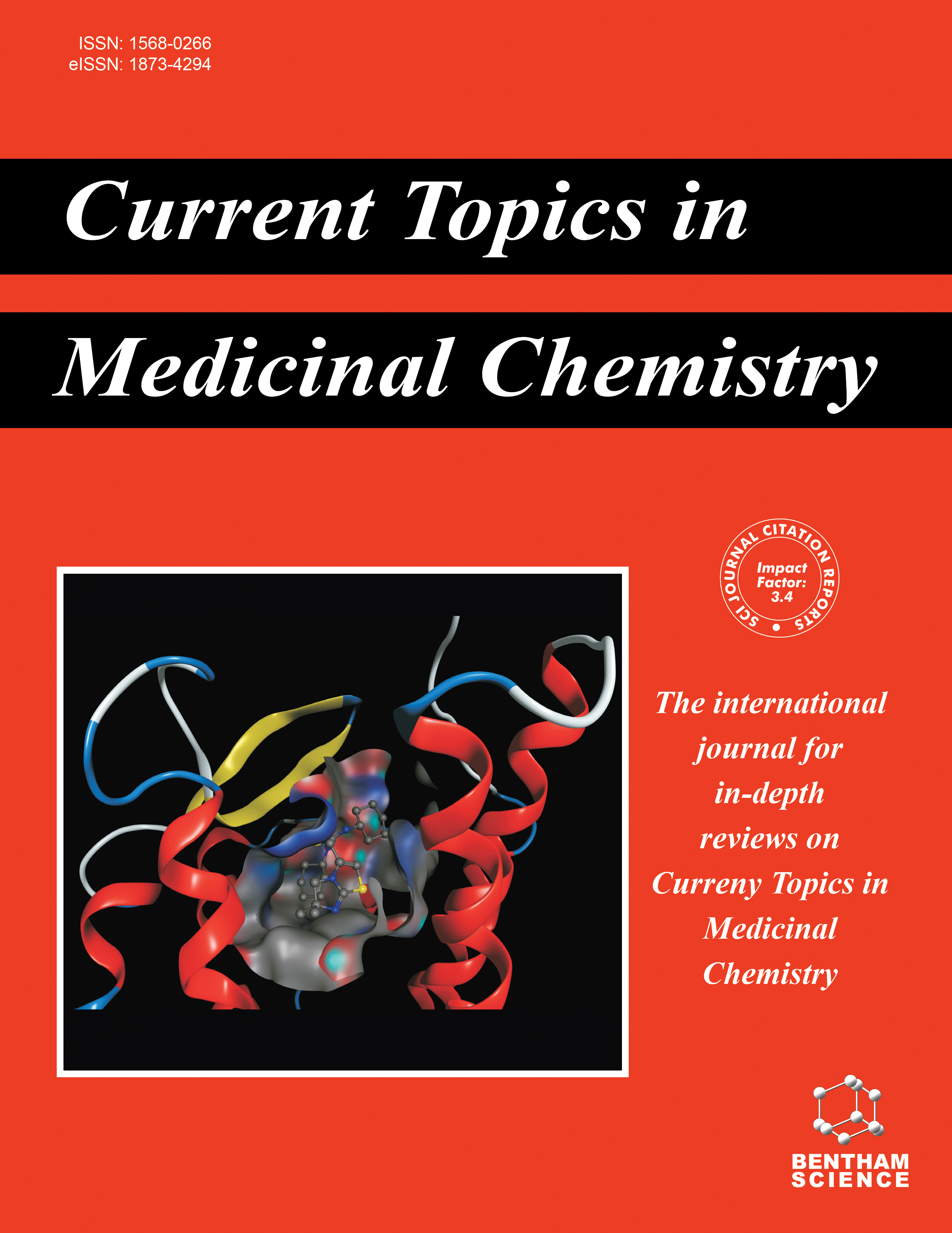
Full text loading...

A biosensor is a biological device designed to convert biological responses into an electrical signal, which has diverse applications across various fields, including diagnostics, environmental monitoring, food safety, and drug discovery. Among these, biosensing technology has achieved remarkable success in medical diagnostics. To detect target molecules for various probe molecules, such as nucleic acids, peptides, antibodies, and proteins are widely used. Of these, antibodies are well-established as remarkable molecules for detecting and monitoring a broad range of analytes. Recently, a novel class of molecules known as aptamers, often referred to as “artificial antibodies,” has gained significant attention from researchers for numerous biomedical applications, particularly in biosensing. Aptamers are synthetic molecules generated through a method called Systematic Evolution of Ligands by Exponential Enrichment (SELEX). Since aptamer and antibody have different bindings for target molecules, various biosensing techniques are utilized by using the combination of aptamer and antibody to enhance the biosensor. This combination possesses a unique and beneficial feature and holds the potential to drive significant advancements in sensing technology. Applying these combinations in biosensing technologies has some limitations due to the aptamer generation for some particular targets. This review explores recent applications of antibodies, aptamers, and their combined use in enhancing biosensing technologies and their limitations.